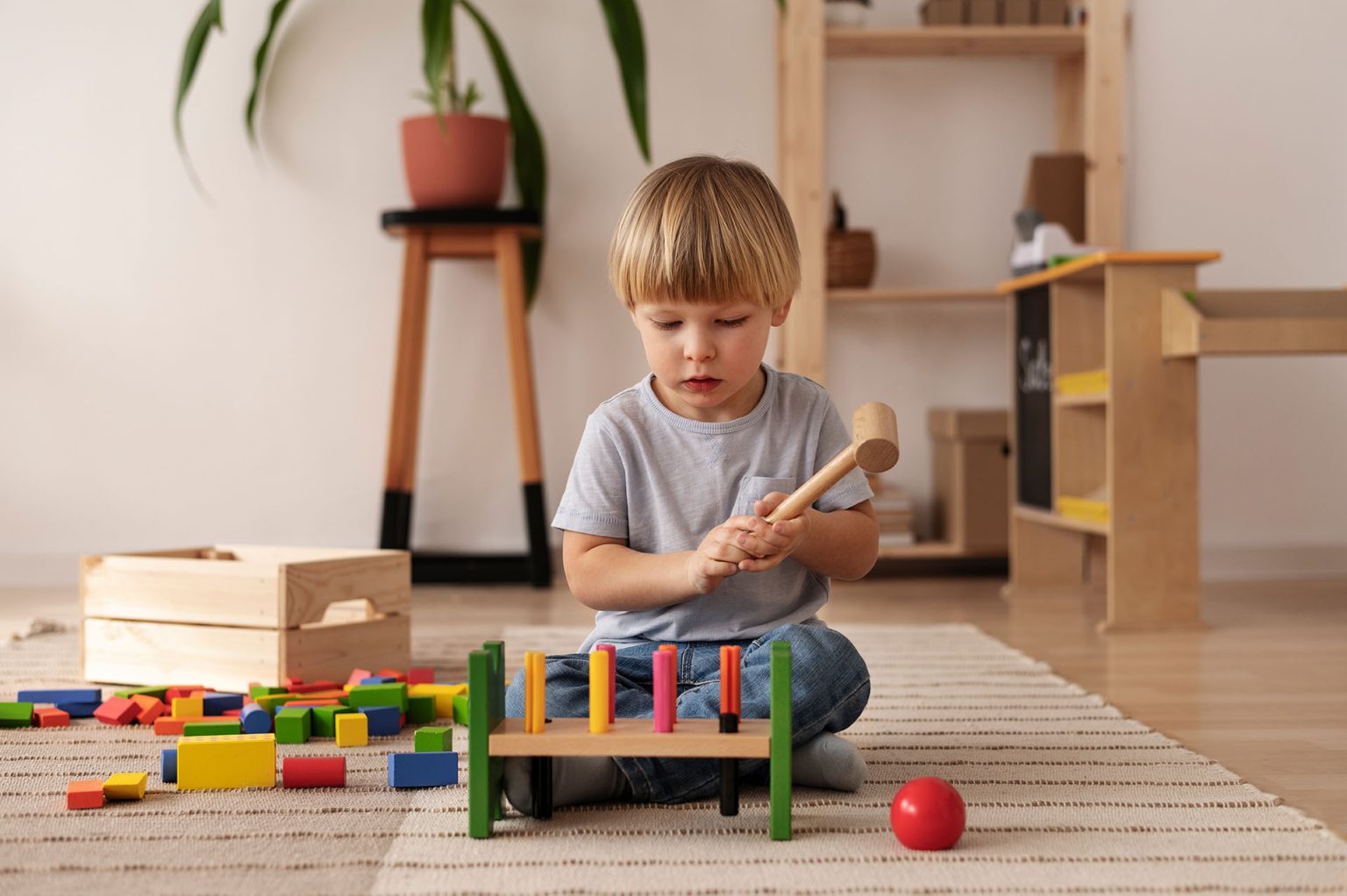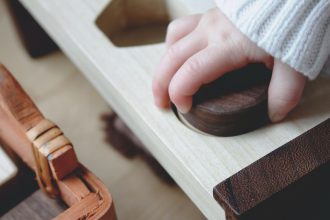Selecting age-appropriate toys for your child can be a challenging task, especially with the vast variety of toys available in the market. Wooden toys are a popular choice for many parents due to their durability, sustainability, and developmental benefits. This article will provide guidance on how to choose age-appropriate wooden toys for your child, ensuring they are engaging, safe, and beneficial for their development.
Nature inspires curiosity in a child, it stimulates imagination, energizes the body, and provides a reverence for knowledge. Every child should have experiences with wood, stone, and other natural materials.
Richard Louv
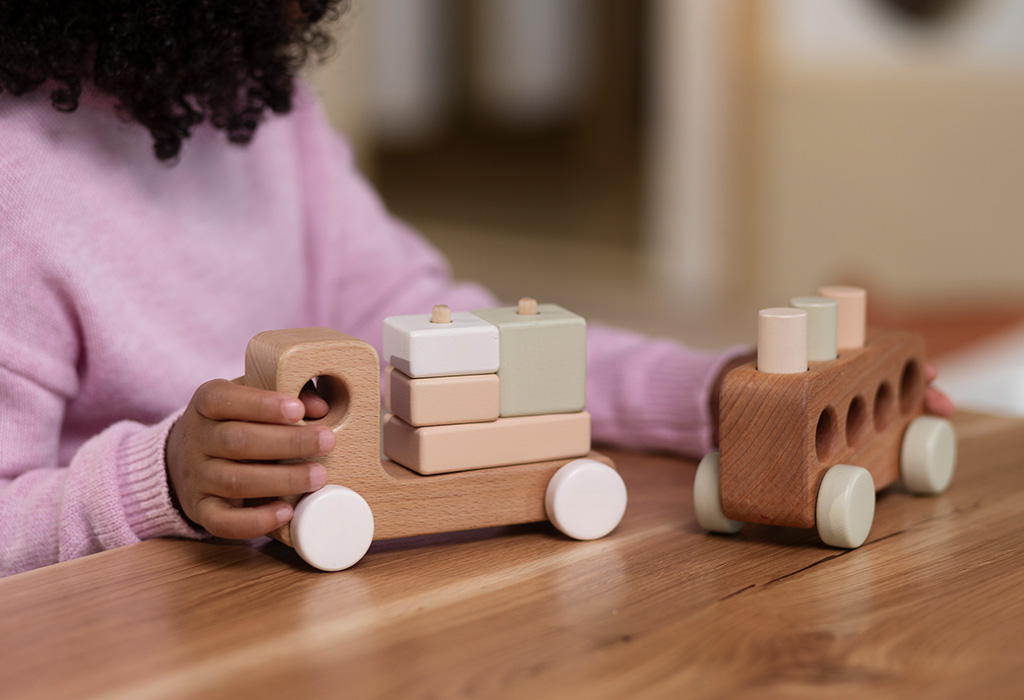
Understanding Child Development Stages
Infants (0-12 months): During this stage, babies are exploring the world around them and developing their senses. Appropriate wooden toys for infants include rattles, mobiles, and teething toys that stimulate their senses and help them develop fine motor skills.
Toddlers (1-3 years): As toddlers become more mobile and curious, they need toys that encourage exploration, creativity, and problem-solving. Suitable wooden toys for toddlers include building blocks, puzzles, and simple musical instruments.
Preschoolers (3-5 years): Preschoolers are developing their cognitive, social, and emotional skills. Age-appropriate wooden toys for this age group include pretend play sets, such as play kitchens or toolsets, as well as more complex puzzles and games that promote critical thinking and cooperation.
School-Aged Children (5-7 years): At this stage, children are refining their motor skills, expanding their knowledge, and engaging in more complex social interactions. Wooden toys that challenge their cognitive abilities, such as advanced puzzles, strategy games, and educational toys that incorporate math, science, or language concepts, are ideal for this age group.
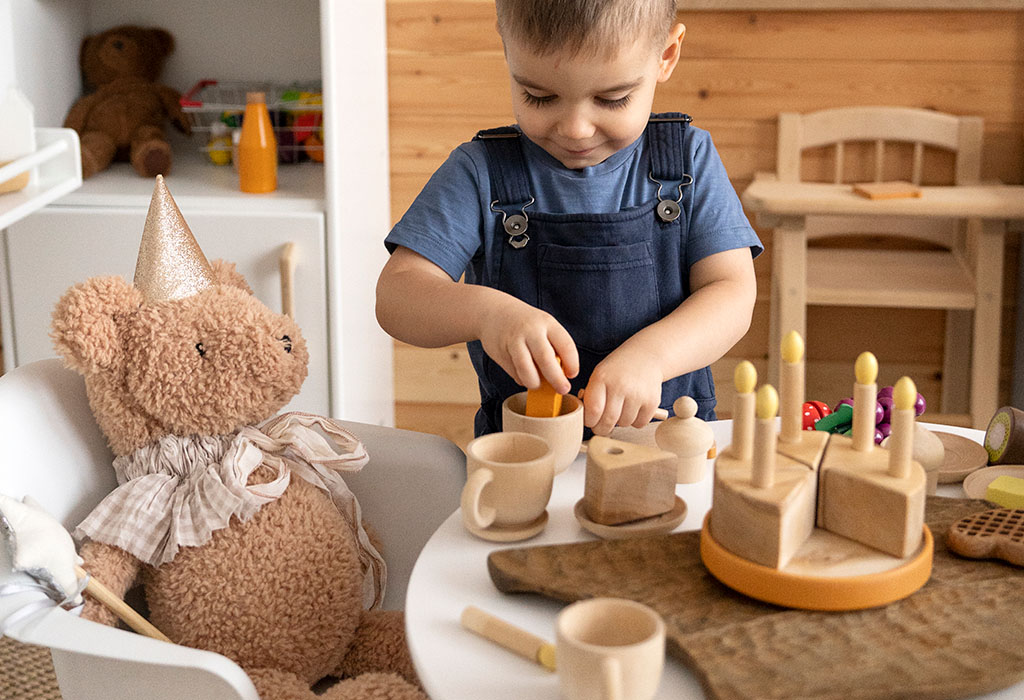
Factors to Consider When Choosing Age-Appropriate Wooden Toys
Safety: Always prioritize safety when choosing toys for your child. Look for wooden toys made from non-toxic materials and finishes, with smooth surfaces and no sharp edges. Be cautious of small parts that could pose choking hazards, particularly for younger children.
Educational Value: Choose wooden toys that promote learning and skill development. Consider your child’s interests and developmental stage when selecting toys that will help them build essential cognitive, motor, and social skills.
Durability: Opt for high-quality wooden toys that can withstand the wear and tear of play. Investing in durable toys ensures they will last longer and can be passed down to younger siblings or friends.
Simplicity and Versatility: Simple, versatile wooden toys often provide the most play value, as they can be used in various ways and adapt to your child’s changing interests and abilities. Examples include building blocks, shape sorters, and stackers.
Encourage Creativity and Imagination: Look for wooden toys that inspire open-ended play, allowing your child to use their creativity and imagination. Toys such as dollhouses, playsets, and art supplies can provide endless hours of creative fun.
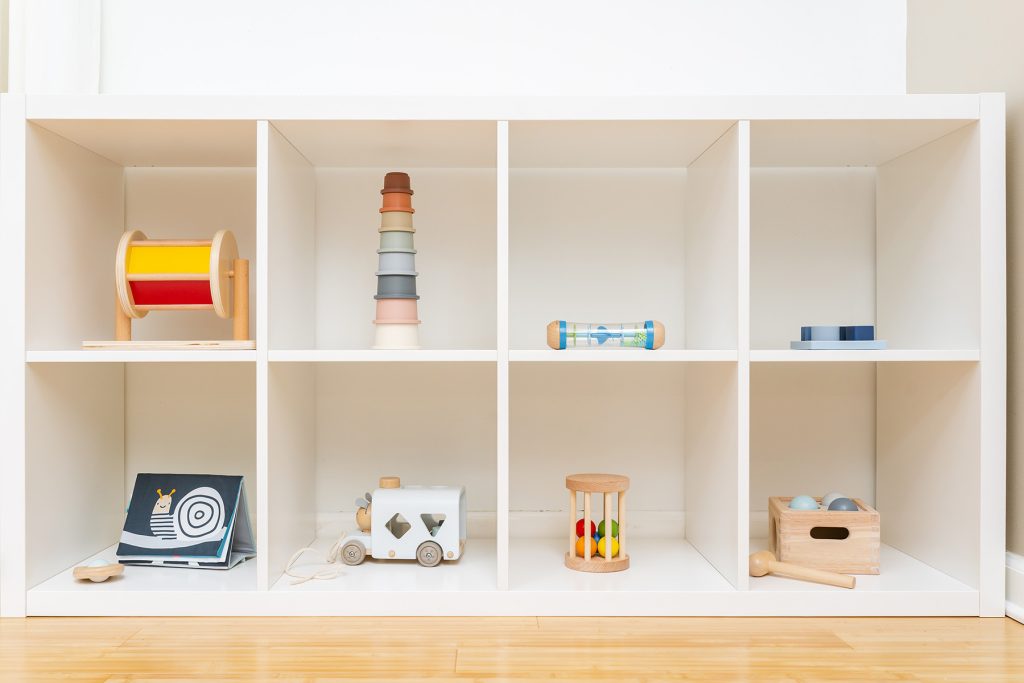
Conclusion
Choosing age-appropriate wooden toys for your child is essential for ensuring their safety and supporting their development. By understanding your child’s developmental stage and considering factors such as safety, educational value, durability, simplicity, and creativity, you can select the perfect wooden toys that will engage, entertain, and educate your child for years to come.

